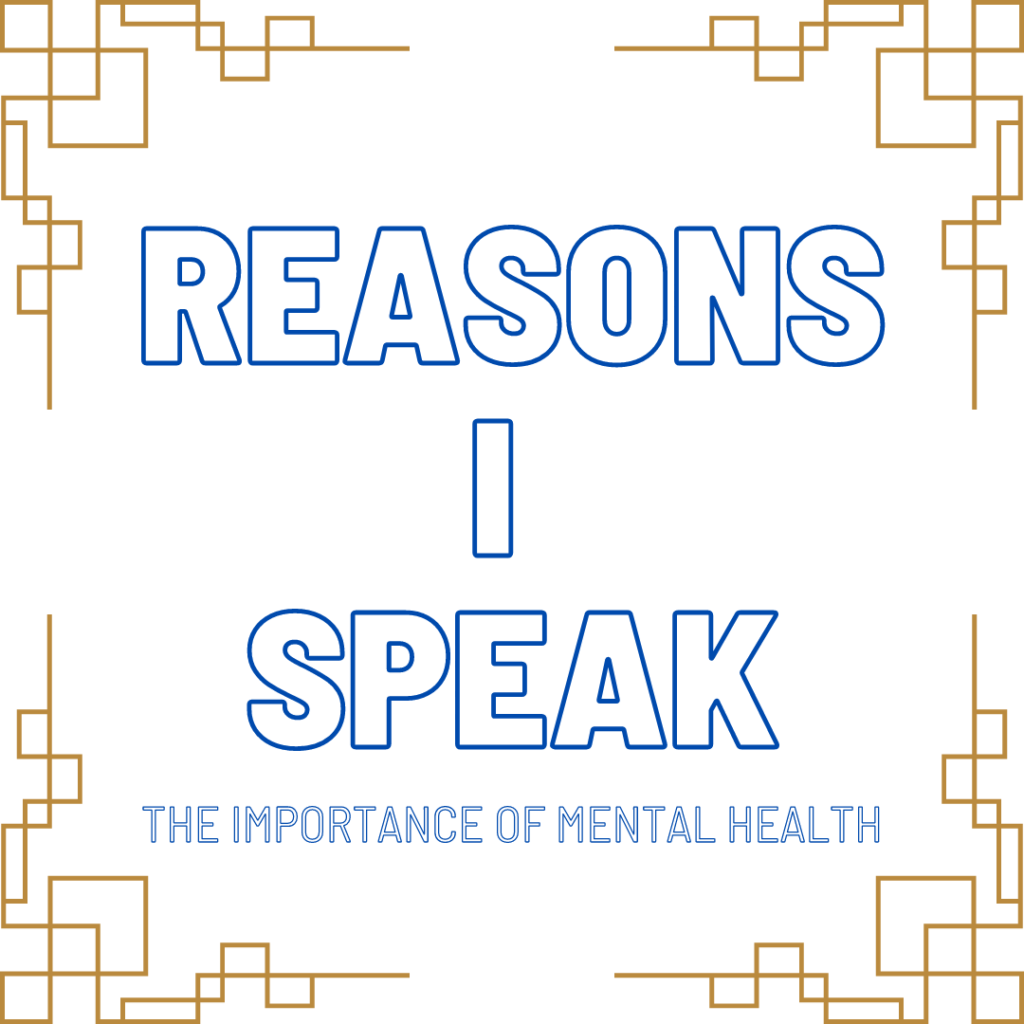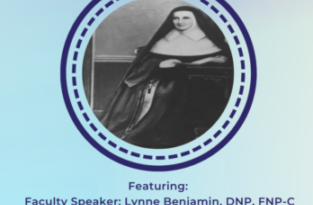Reasons I Speak
Written by Khang Dang
‘Reasons I Speak’ was an on-campus event that was hosted by Miriam Correa and the Center for Wellness Development. It spanned an hour on September 17 in the McGovern lounge. The activity itself consisted of coming up to a table and taking a yellow slip of paper with a pre-set phrase detailing reasons why an individual would speak out against the stigma of mental health. After taking a slip of paper, the individual was recorded for a few seconds while reading out what they held. Phrases about support, union, and community were heard throughout the event and were emphasized when posted upon the university’s wellness social media.
The event itself was orchestrated as a way to circulate further awareness of suicide prevention and awareness. While interviewing Correa, she talked about how she had reached out to McClean Hospital in Massachusetts, which had been running a campaign about deconstructing stigma. She described it as “putting a face to mental health and talking about how we have mental health to some level. The more we talk about it, the more we can end the stigma about it.” That being said, mental health is a very important part of our lives that needs to be emphasized, and she believes that although the stigma has improved through campaigns like ‘Reasons I Speak’ and celebrity attention, there is much more that needs to be done to show how important mental health is.
People are afraid to talk about their feelings because of stigma. She says that it is difficult, especially as people are told to keep their emotions inside when it comes to their health. Sometimes, culture can be a big part of their situation as well. She uses her own experience as an individual of Latin background to explain that members of her culture do not talk about their feelings. It is a large issue that they do not talk about their feelings often, and although it does not mean everyone goes through the same experiences, culture is often a big substantial point in why people cannot speak out about it.
She explains: “Reaching out for help no matter who it is.” It is something that is often emphasized, but many people choose not to do this out of a multitude of reasons. However, she says that there are services here that are confidential, or that even speaking to a friend, staff, faculty, anyone you feel comfortable with is the first step. There are suicide prevention text lines, crisis text lines, and all of them are confidential and open twenty-four hours a day. You can always reach someone so you never feel alone. There is always someone you can talk to.
Correa ends it off by saying there are a lot of free resources on campus, and she wants students to always remember that. We are a small community at USJ, but we all truly care for each other and watch out for one another too. There is always someone that will be there for you, someone that they can speak to no matter what. The first step is to reach out, and someone will always come back to answer your call.




